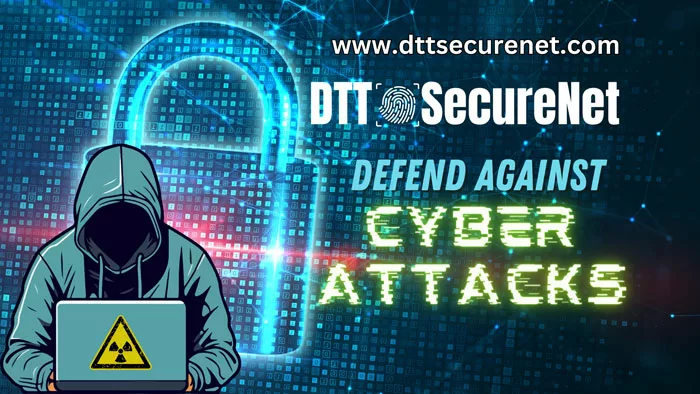Security on WordPress
WordPress Security Best Practices
Learn and adapt these tips for a better secured webite on WordPress or on any other CMS.

About
Maximum WordPress Security
WordPress Security: Why It’s Important and How to Protect Your Website
WordPress is the most popular content management system (CMS) in the world, powering over 40% of all websites. While its popularity makes it a powerful tool for creating and managing websites, it also makes it a target for hackers.
There are a number of reasons why WordPress is vulnerable to attack. One reason is that it is a very popular platform, which means that there is a large pool of potential targets. Another reason is that WordPress is an open-source platform, which means that the code is freely available for anyone to inspect and exploit vulnerabilities.
Some of the most common WordPress vulnerabilities include:
Weak default login credentials: The default WordPress username and password are “admin” and “password” respectively. These are very weak credentials that can easily be guessed by hackers.
Exposed login pages: The WordPress login page is exposed by default, which makes it easy for hackers to find and target.
Outdated plugins and themes: Outdated plugins and themes can contain security vulnerabilities that can be exploited by hackers.
Lack of security plugins: WordPress security plugins can help to protect your website from common attacks, but many website owners do not install or use these plugins.
Hackers can exploit these vulnerabilities to gain access to your WordPress website and install malware, steal user data, or even deface your website. This can have serious consequences for your business, including damage to your reputation, financial losses, and legal liability.
How to improve WordPress security
There are a number of things you can do to improve the security of your WordPress website. Some of the most important best practices include:
Use strong passwords and two-factor authentication: Use strong and unique passwords for all of your WordPress accounts, and enable two-factor authentication for an additional layer of security.
Hide your login page: There are a number of plugins that can help you to hide your WordPress login page, making it more difficult for hackers to find and target.
Update your WordPress core, plugins, and themes regularly: WordPress core, plugins, and themes are regularly updated to fix security vulnerabilities. Make sure to keep everything up to date to reduce your risk of attack.
Use a security plugin: A good WordPress security plugin can help to protect your website from a variety of attacks. Look for a plugin that offers features such as malware scanning, login protection, and website monitoring.
Other WordPress security best practices
In addition to the best practices listed above, there are a number of other things you can do to improve the security of your WordPress website, such as:
Limit login attempts: Limit the number of login attempts allowed before an account is locked out. This will help to prevent brute-force attacks.
Use a web application firewall (WAF): A WAF can help to protect your website from a variety of attacks, including SQL injection, cross-site scripting (XSS), and denial-of-service (DoS) attacks.
Monitor your website traffic: Monitor your website traffic for any suspicious activity. This can help you to identify and respond to attacks quickly.
Back up your website regularly: Back up your website regularly so that you can restore it if it is compromised.
How hackers can easily access WordPress websites that are not updated or managed properly
Hackers can easily access WordPress websites that are not updated or managed properly. For example, if you are using an outdated version of WordPress or a plugin, there may be known security vulnerabilities that can be exploited by hackers.
Additionally, if you are using weak passwords or if you do not have a security plugin in place, your website is more likely to be hacked. Hackers can also exploit vulnerabilities in your website’s theme or plugins to gain access.
Conclusion
WordPress security is important for all website owners. By following the best practices listed above, you can help to protect your website from attack. However, it is important to note that no security measure is perfect. It is important to monitor your website regularly for suspicious activity and to have a plan in place for responding to attacks.
Here are some additional tips for improving WordPress security:
Use a reputable hosting provider: Choose a hosting provider that offers security features such as firewalls, intrusion detection systems, and malware scanning.
Keep your WordPress software up to date: WordPress releases security patches regularly. Make sure to keep your WordPress core, plugins, and themes up to date to reduce your risk of attack.
Use a strong password manager: A password manager can help you to create

Send me an inquiry to the following email: [email protected]
*Note that when you send me an email, I may keep your information to reply for a relevant request and for marketing purposes relevant to your interests. This is done according to our Privacy Policy and in accordance with the GDPR.
